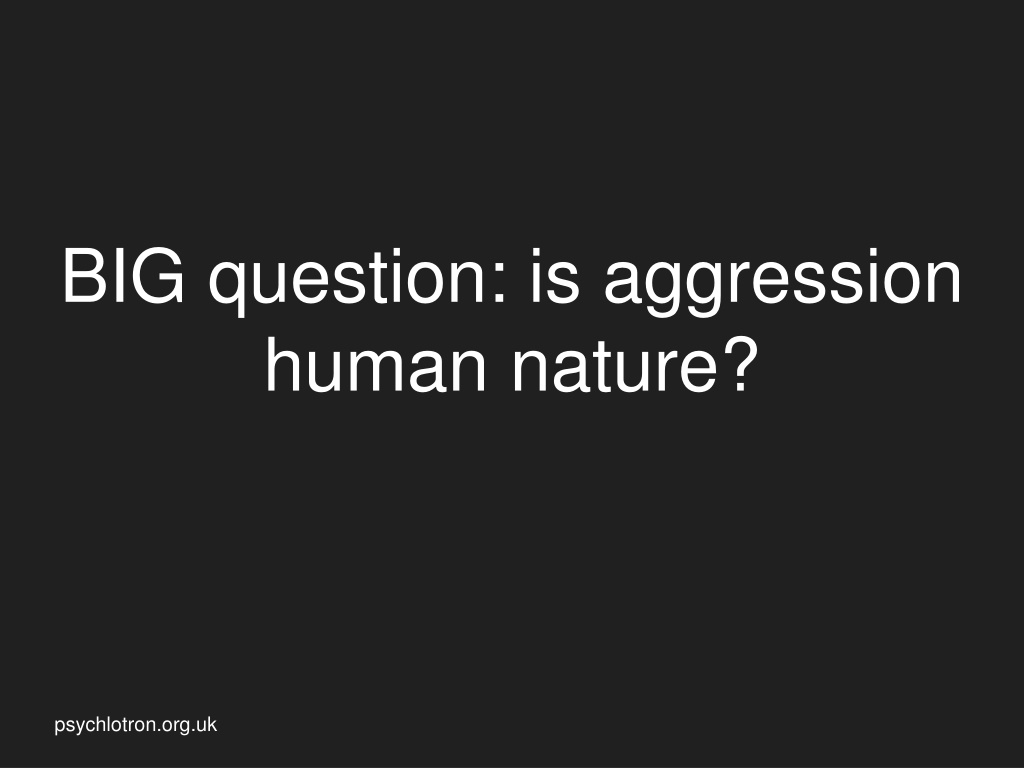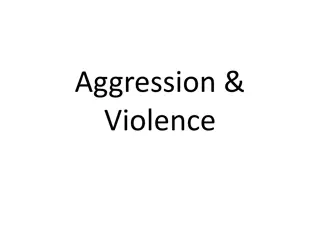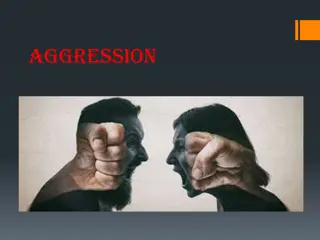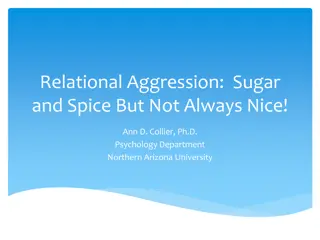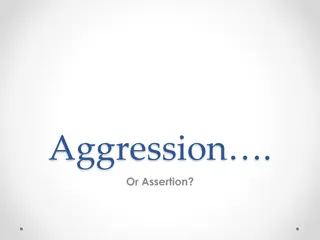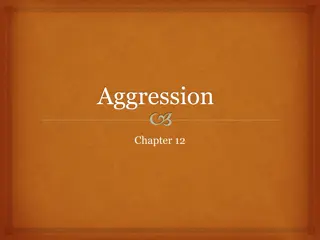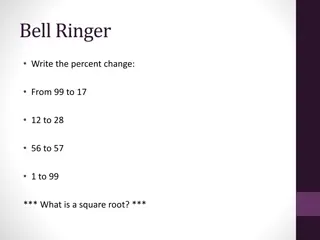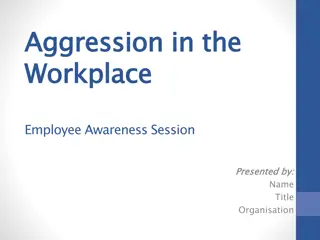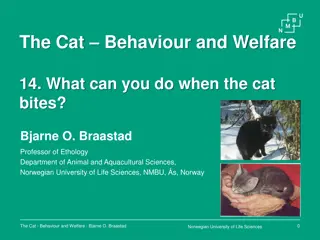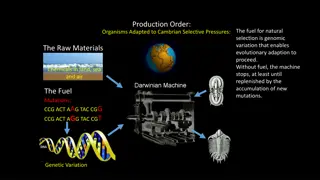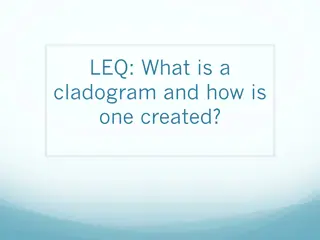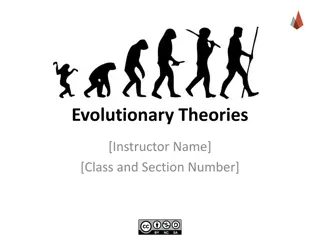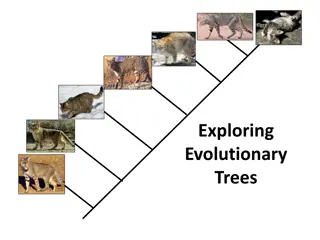Understanding Aggression: Exploring Its Evolutionary Roots
Delve into the complexities of human aggression, questioning whether it is inherent or a learned behavior. Explore evolutionary theories and biological perspectives on the causes of aggression, examining how factors such as genetics, brain structures, hormones, and environmental pressures may influence aggressive behaviors. Consider analogies like assortative mating and selection pressures to deepen understanding of how behaviors evolve within populations, highlighting the potential benefits and drawbacks of aggression in evolutionary terms.
Download Presentation

Please find below an Image/Link to download the presentation.
The content on the website is provided AS IS for your information and personal use only. It may not be sold, licensed, or shared on other websites without obtaining consent from the author. Download presentation by click this link. If you encounter any issues during the download, it is possible that the publisher has removed the file from their server.
E N D
Presentation Transcript
BIG question: is aggression human nature? psychlotron.org.uk
Biological Psychology Evolution and aggression psychlotron.org.uk
Aggression Aggression is behaviour intended to cause harm (physical or psychological) to others. Hostile aggression - the goal is to hurt others. Instrumental aggression - hurting others is a way of pursuing another goal. Look at these examples: which is which? psychlotron.org.uk
Biopsychology and aggression Is aggression the result of evolution? Is aggression caused by particular brain structures? Do hormones cause aggression? Does violent crime have biological causes? How else, apart from using biological theory, can psychologists explain aggression? psychlotron.org.uk
Evolutionary theory I put 8 of each type of sweet in the bowl. What is left? psychlotron.org.uk
Analogies Analogies help us deepen our understanding of things. Write an explanation of how our bowl of sweets can be used as an analogy for evolution by natural selection. Match up as many features as you can. psychlotron.org.uk
How can a behaviour evolve in a population? We assume: GENES NERVOUS SYSTEM BEHAVIOUR There also needs to be: Assortative mating, to mix up the genes in the population. Selection pressure, so some are more likely to survive than others. psychlotron.org.uk
How could aggression be an evolved behaviour? Selection pressures - environmental factors that affect mortality or fertility. Existence of predators - aggressive individuals better at fighting them off. Scarcity of food - aggressive individuals secure more for self and offspring. Competition for mates - aggressive individuals secure and defend mates successfully. Each selection pressure makes people with aggression genes more likely to survive and reproduce. The aggression genes proliferate in the population. psychlotron.org.uk
Selection pressures could also limit aggression Why might too much aggression be (evolutionarily) a bad thing? psychlotron.org.uk
Transfer problem How could evolution by natural selection explain why so many people have a FEAR OF SPIDERS? psychlotron.org.uk
Socrative quiz psychlotron.org.uk
